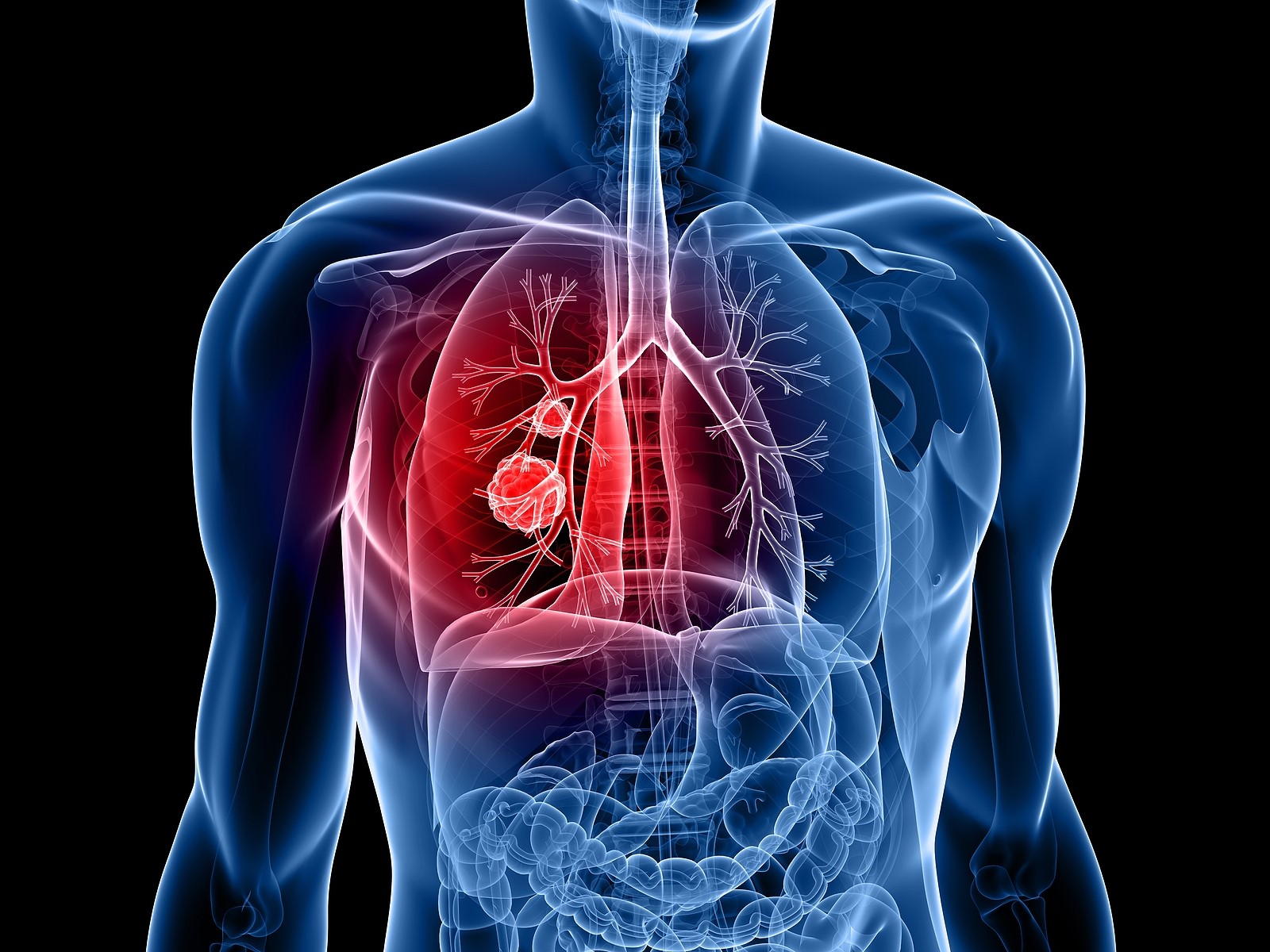
One of the deadliest forms of cancer is lung cancer. Unfortunately, many people don’t know they have it until it’s too late. It can be difficult to diagnose lung cancer early on because the symptoms are often mistaken for other illnesses. But the good news is that many cases of lung cancer can be treated if it’s caught early. So how do you know if you have lung cancer? Here are some of the signs and symptoms of lung cancer.
Lung Cancer Signs and Symptoms
Although most lung cancers do not show symptoms until they have spread, some people with early lung cancer do. The most prevalent symptoms of lung cancer are a cough that won’t go away or is becoming worse, coughing up blood or sputum that is rust-colored (spit or phlegm), deep breathing, coughing, or laughing that aggravates chest pain, hoarseness, breathing problems, unexplained weight loss, loss of appetite, feeling fatigued or weak, infections that don’t go away or keep coming back, such as bronchitis and pneumonia, and the onset of wheezing. (American Cancer Society)
If lung cancer spreads to other parts of the body, it can cause bone pain (such as in the back or hips), nervous system changes (such as headaches, weakness or numbness of an arm or leg, dizziness, balance problems, or seizures) from cancer spread to the brain; yellowing of the skin and eyes (jaundice) from cancer spread to the liver; and swelling of lymph nodes (collection of immune system cells) such as those in the neck or above the collarbone. (American Cancer Society)
The Diagnosis of Lung Cancer
People who are at a higher risk of lung cancer may consider getting a low-dose CT scan every year. Lung cancer screening is usually administered to older people who have smoked heavily for a long time or who have quit smoking within the last 15 years. If your doctor suspects you have lung cancer, they can conduct a series of tests to look for malignant cells and rule out alternative possibilities. The tests that can be performed are imaging tests, sputum cytology, and a biopsy. (Mayo Clinic, 2022)
Imaging tests include an X-ray of your lungs to reveal any abnormal masses or a CT scan to detect small lesions that might not be picked up in an X-ray. If you are coughing a lot, your sputum can be examined under a microscope for the presence of cancer cells. A biopsy is a process that removes a sample of aberrant cells. (Mayo Clinic, 2022)
Your doctor can perform a biopsy in a variety of ways, including bronchoscopy, which involves passing a lighted tube down your throat and into your lungs to examine abnormal parts of your lungs. Another option is mediastinoscopy, which involves making an incision at the base of your neck and inserting surgical equipment behind your breastbone to obtain tissue samples from lymph nodes. Another alternative is a needle biopsy, in which your doctor guides a needle through your chest wall and into your lung tissue to collect abnormal cells. A biopsy sample from lymph nodes or other sites where cancer has spread, such as your liver, may also be taken. (Mayo Clinic, 2022)
Reducing the Risk of Lung Cancer
You can lower your risk of lung cancer by following certain simple lifestyle measures like not smoking, not inhaling second-hand smoke, getting regular tests done, check your home for radon, and avoiding carcinogens (a substance that can cause cancer) by following health guidelines at the workplace or home. In the United States, cigarette smoking is responsible for around 80% to 90% of lung cancer deaths. The most important thing you can do to avoid lung cancer is to avoid starting to smoke or to stop smoking if you already do. (CDC, 2021)
Early Detection and Diagnosis is Key
Lung cancer is a serious disease that can be deadly if not caught early. If you are experiencing any of the signs and symptoms of lung cancer, it’s important to see a doctor for a diagnosis. Early detection is key to successful treatment, so be sure to get screened if you are at risk.
Works Cited
“Lung Cancer Signs & Symptoms: Common Symptoms of Lung Cancer.” American Cancer Society, www.cancer.org/cancer/lung-cancer/detection-diagnosis-staging/signs-symptoms.html.
“Lung Cancer.” Mayo Clinic, Mayo Foundation for Medical Education and Research, 22 Mar. 2022, www.mayoclinic.org/diseases-conditions/lung-cancer/diagnosis-treatment/drc-20374627.
“What Can I Do to Reduce My Risk of Lung Cancer?” Centers for Disease Control and Prevention, Centers for Disease Control and Prevention, 18 Oct. 2021, www.cdc.gov/cancer/lung/basic_info/prevention.htm.





